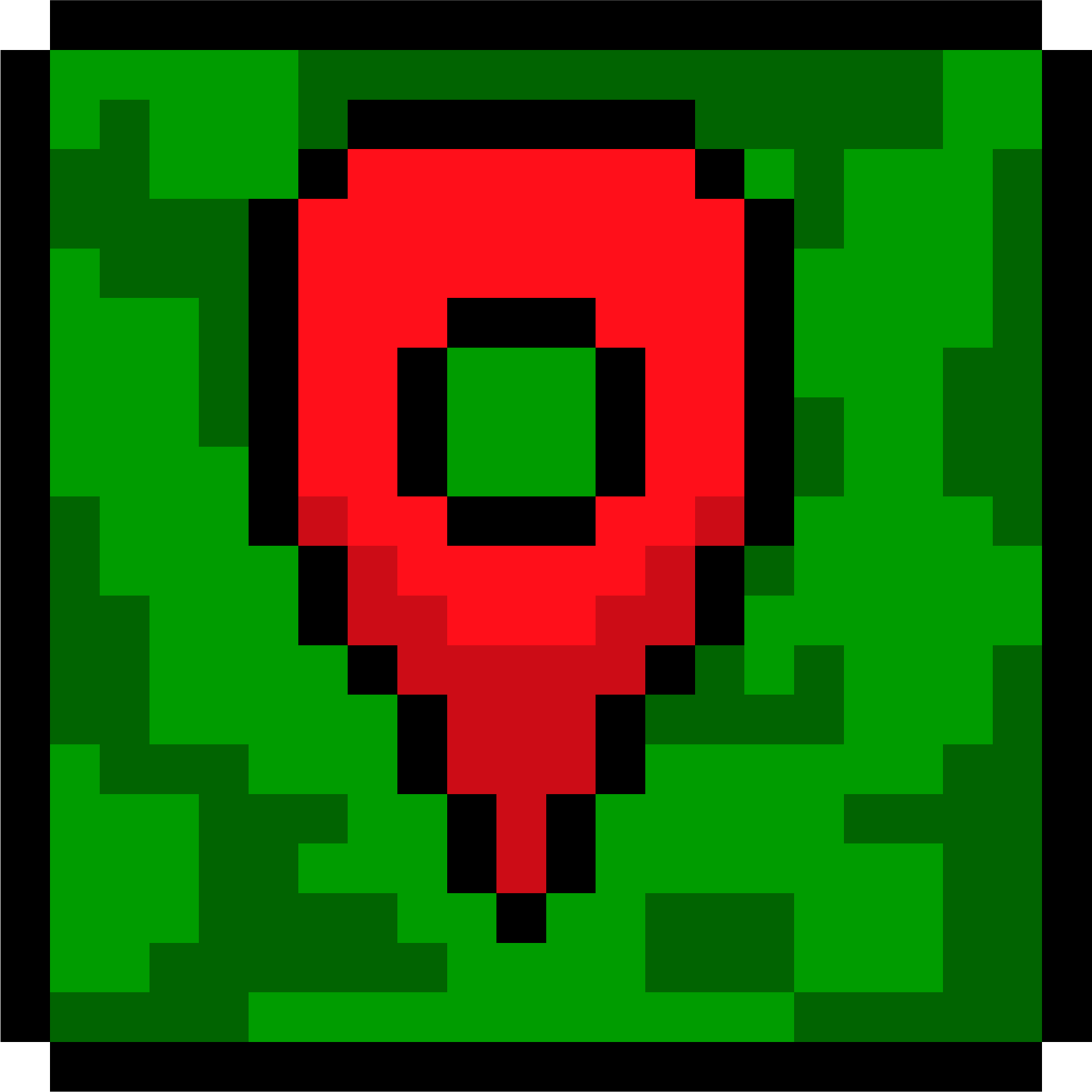814 reads
Over 40, With No Technical Background, This is How I Learned HTML and CSS in 3 Days
by
July 13th, 2023
Audio Presented by

Middle-aged and determined to reinvent myself in the world of programming
Story's Credibility

About Author
Middle-aged and determined to reinvent myself in the world of programming
